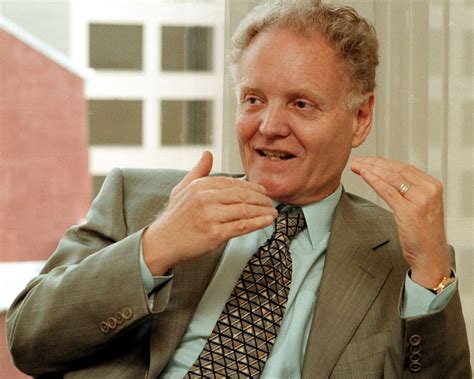A Quote by Lester Thurow
One of the peculiarities of economics is that it still rests on a behavioral assumption-rational utility maximization-that has long since been rejected by sociologists and psychologists.
Quote Topics
Related Quotes
My mother and my father taught me to look at the actual problem, not the face of it, not the veneer of it. So for me, I was never - I was impressed that it - racially, I was impressed, right, but now in America it's about economics, and it's been about economics, and honestly, everything's been about economics since I don't want to say the beginning of time, but it's been about economics for a long while.
In the world of traditional economics, it shouldn't matter whether you use an opt-in or opt-out system. So long as the costs of registering as a donor or a nondonor are low, the results should be similar. But many findings of behavioral economics show that tiny disparities in such rules can make a big difference.
How should the best parts of psychology and economics interrelate in an enlightened economist's mind?... I think that these behavioral economics...or economists are probably the ones that are bending them in the correct direction. I don't think it's going to be that hard to bend economics a little to accommodate what's right in psychology.






























